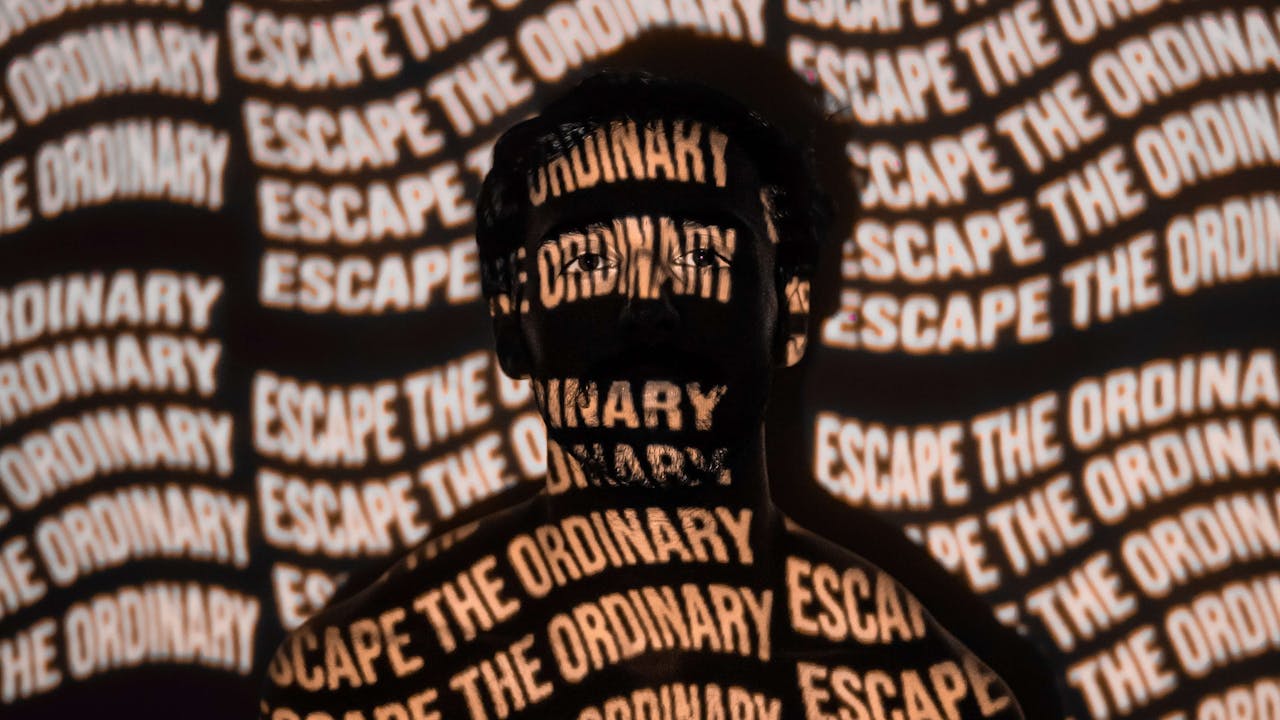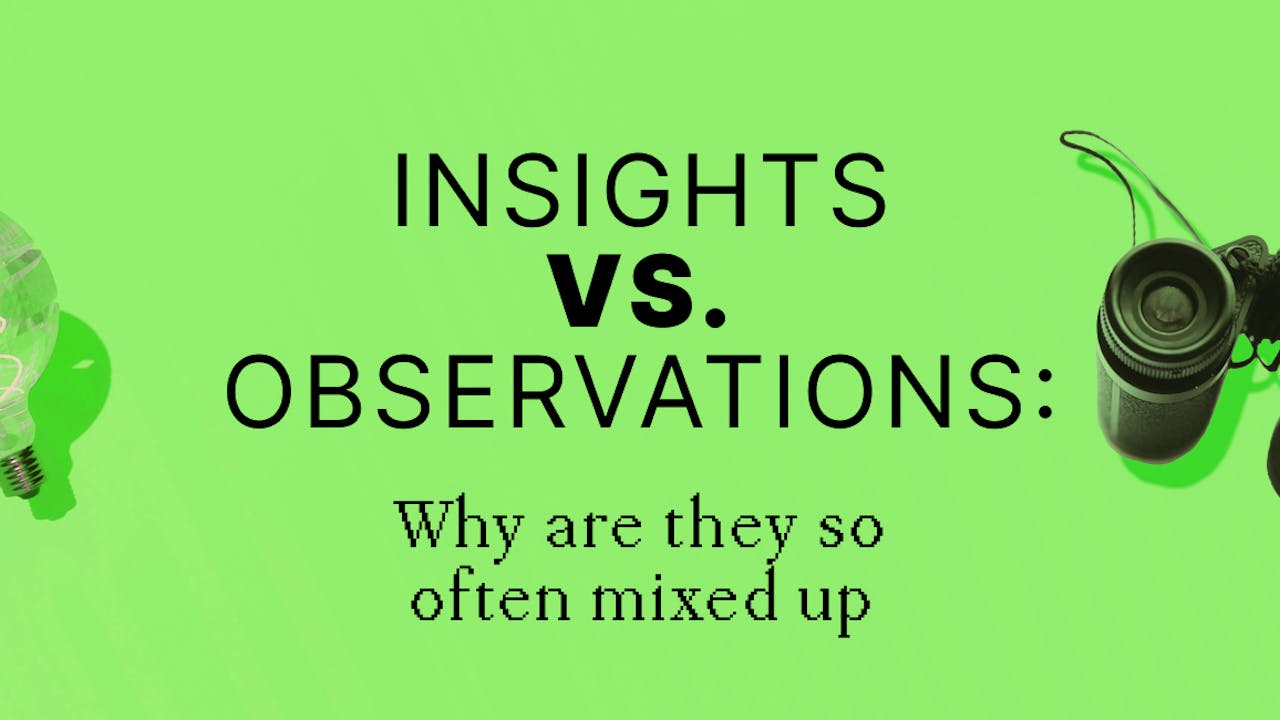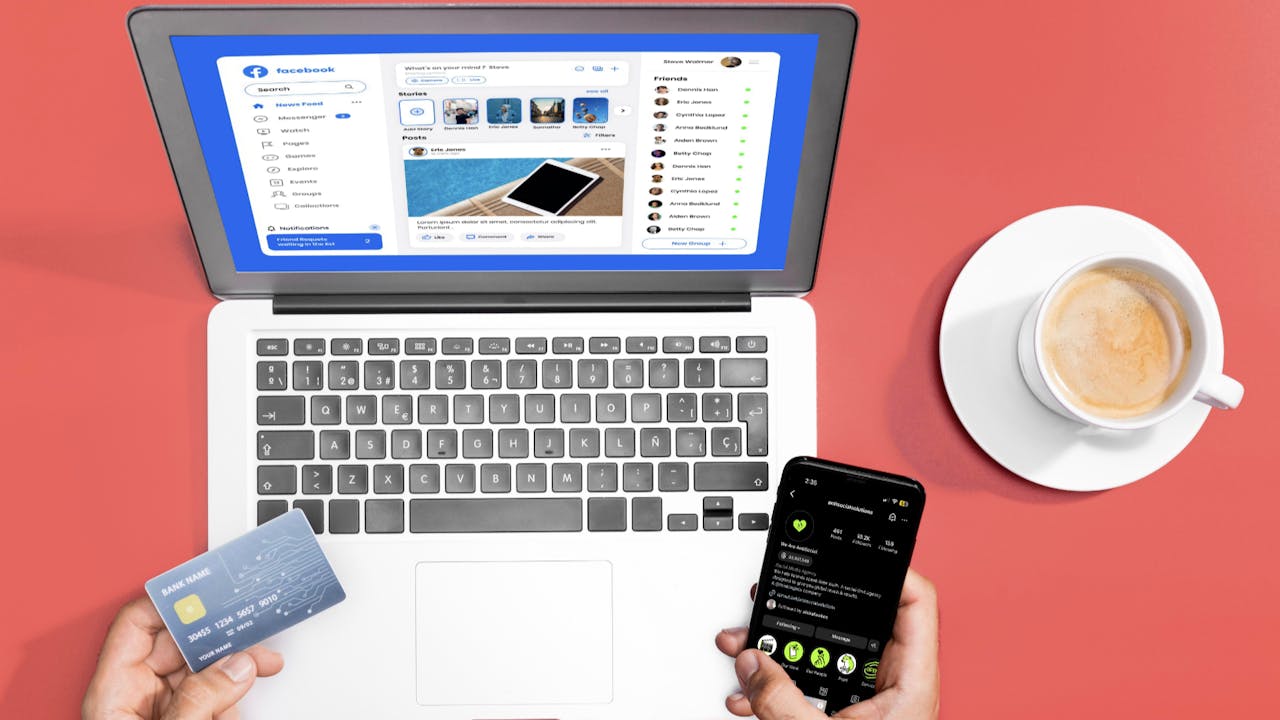
Social Listening: Getting Past the Noise
November 4, 2024
Because Sometimes the Best Insights Come from the Messiest Places
Have you ever sat with a problem you couldn't crack? How about that social post that should have worked, but didn't? Or that campaign launch that looked perfect on the brief but just missed the mark? Sometimes the answer is not in the data – it's in the conversations that are happening right now. Thousands of them. All the time. Everywhere.
Let's talk about social listening, not just the many buzzword versions of it, but the real deal. First, let's set the record straight with our definition: social listening is the practice of tracking and analyzing what people are saying about your brand, competitors, and industry across the web to understand trends and make better marketing decisions.
As strategists and creatives, we tend to drown in data, to a point where it becomes obsessive. Although data has and will always have a seat at the table, it's the human voice which is brutally honest, incredibly authentic (when no one's over our shoulder), and sometimes a little bit messy - that gives us the gold we are looking for.
Think about it: no survey bias; no focus group pleasantries. Pure, unfiltered human opinion and conjecture. Right now, someone's ranting about your brand in a Reddit thread (the things people say on Reddit!), or praising your product in an Instagram story, and you can get all of it on a silver platter, if you're listening.
Why The Best Brands Are Obsessed:
Unfiltered Reality: When a cosmetics brand discovers that at 3 AM people are using their face masks as shoe polish and posting it on TikTok, that's not just weird consumer behaviour – these are the moments where your consumers tell you what your product can do, not what the brief said it should do.
The Underground Product Lab: When people are taking your chips and crushing them to make "gourmet" mac & cheese crust, well, that's not misuse, it's your new product line. Sure, we all love R&D, but don't forget about the innovations happening on kitchen tables and in dorm rooms worldwide. When Spotify listeners took to social media asking for a DJ feature, Spotify didn’t just listen, they used the original user posts to launch their new AI DJ feature, winning over consumers and turning feedback into innovation. [1]
Water the Fire Before It Gets to the Forest: Crisis management isn't about putting out fires anymore – it's about spotting the spark. Keep an eye out for customers using specific emojis to shade your product or brand, creating hashtags, or posts suddenly getting traction. The best brands don't just have strong crisis plans - they actively monitor and analyze customer conversations to identify potential issues early and respond proactively. Like Lyft, who turned a potential crisis into a community rallying moment when a panicked rider’s post about a missing pet in one of their cars went viral [2]. Lyft’s social team swiftly engaged with the post, escalating the investigation to ensure “Lux”, the missing cat, was located and returned safely to its owner.
Picture This...
Scene 1: (The Conference Room) A marketer sits in a sterile room, watching people awkwardly answer questions about their new energy drink. "Yeah, the flavor's fine..." they mumble, eyeing the clock and the promised Amazon gift card. The moderator nods encouragingly, checking boxes on a form.
Scene 2: The wild 3AM user on X just cracked open the same energy drink: “WHO ALLOWED THIS TO TASTE LIKE LIQUID SKITTLES MIXED WITH STARDUST?! 🤯 Been awake for 36 hours working on this Google Looker Hackathon, and this is literally saving my life rn. The mini-can is perfect for my desk setup aesthetic too. BAHAHAHA LET'S GOOOO"
Are these incredibly exaggerated? Sure. Does anyone tweet like the second dude? Definitely not. Does my point still stand? I think so.
I encourage you to chew (or sip) on this: Which version reveals more authentic comments about your product's effect?
This isn't about monitoring anymore – it's about mining for insights in places where your competition isn't even looking. So while they're still crafting the perfect survey question…you could be finding answers to questions you never knew you needed to ask.
Remember: Your customers are already telling you everything you need to know - you just need to listen... differently.
Let's Dive Deeper: 5 Reasons Why Social Listening Is No Longer Optional
1 - The Speed of Culture: By the time traditional market research is complete, the conversation (probably) has moved on. Social listening gives you real-time insights into cultural shifts as they happen, not after they've peaked.
2 - Competitive Intelligence on Steroids: Your competitors' customers are talking too. Their complaints are your opportunities and their suggestions might just be your next innovation.
3 - The Death of the Focus Group Filter: People behave differently when they know they're being watched. Social listening captures authentic reactions, unfiltered opinions, and real behaviors that may never surface in traditional research settings.
4 - Community-Led Innovation: Your most engaged customers are already brainstorming your next big idea. They're hacking your products, creating unexpected combinations, and solving problems you didn't even know existed. Social listening turns your entire customer base into an informal R&D department.
5 - The Micro-Community Gold Mine: While everyone else is chasing macro trends and big data, social listening uncovers valuable micro-communities and niche use cases. Take Stanley cups - a 110-year-old brand that was popular among the outdoorsmen market discovered that its product was secretly beloved by moms thanks to a viral blog post. Their savvy marketing team jumped on the insight and propelled the quencher from a basic thermos to a lifestyle staple [2]. These unexpected audience segments (found through social listening) often drive higher margins and can spark entirely new market opportunities.
So the next time you’re staring down a big marketing problem, open your ears. Social listening isn't just another tool in your marketing arsenal – it's your early warning system, your innovation engine, and your reality check all rolled into one. The question isn't whether you should be listening; it's whether you can afford not to.




